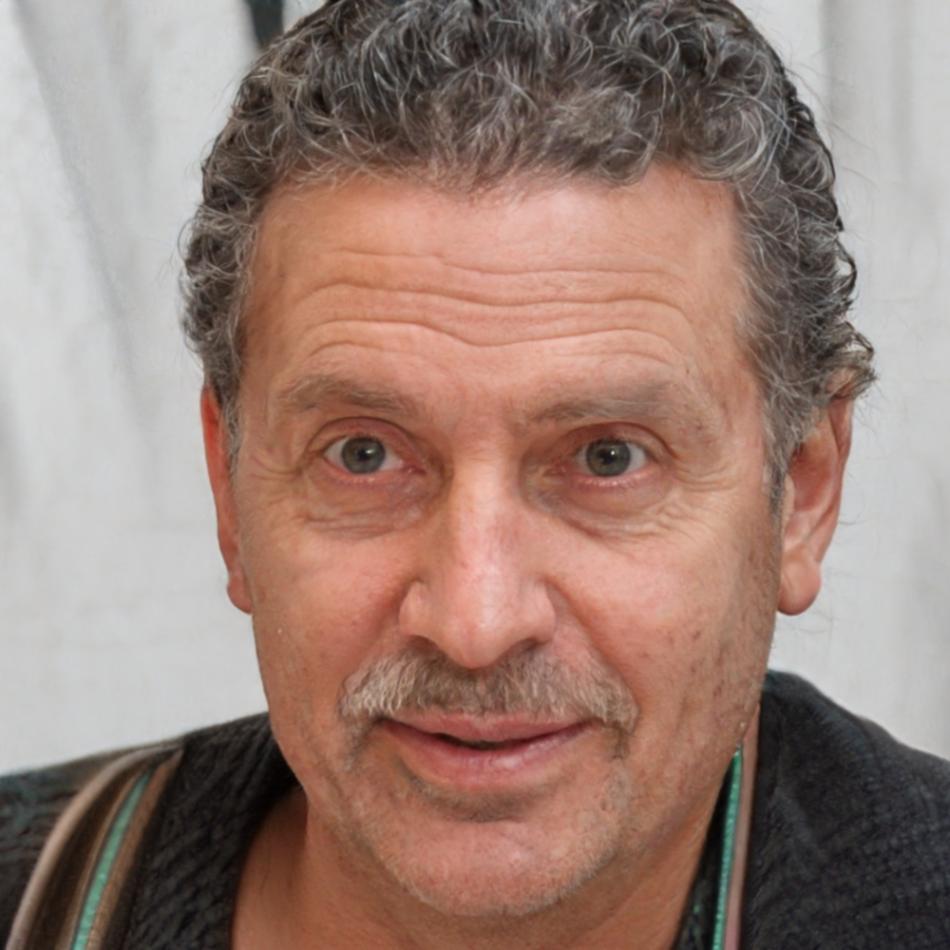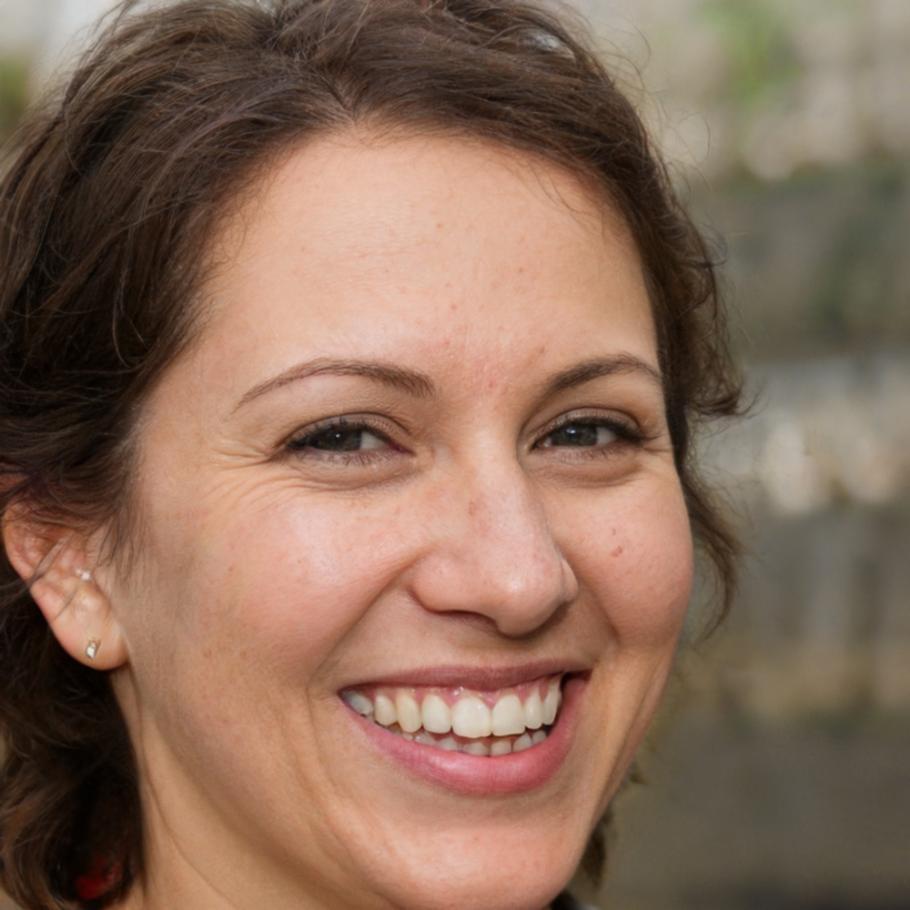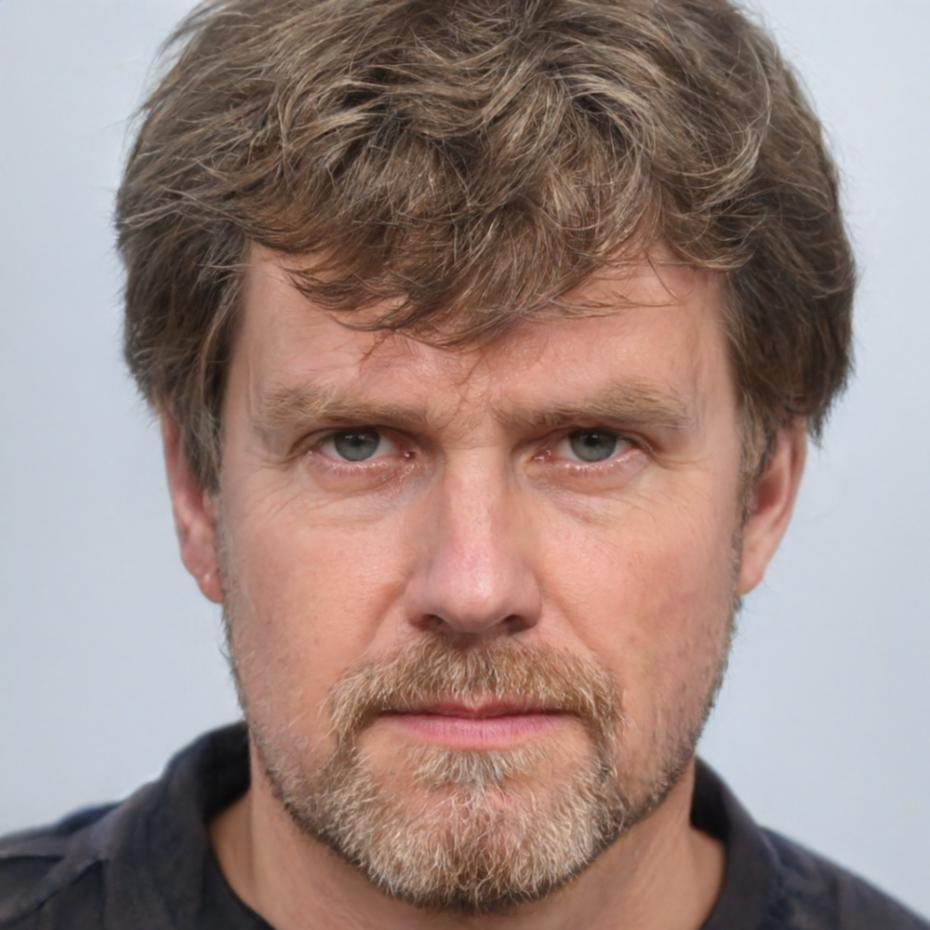Budget Planning That Fits Your Real Life
Forget rigid spreadsheets and complicated formulas. Our six-month program helps you build a personal budgeting framework that actually works with your goals, habits, and the way you live. Starting September 2025.
How We Actually Build This Together
Six months sounds like a long time, but here's why it works. Financial habits don't change overnight, and we've learned that rushing through the basics just means people forget them later. Each phase builds on what came before.
Getting Clear on What You Want
Most people skip this part and jump straight to cutting expenses. We spend the first six weeks figuring out what you're actually saving for and why it matters. This is where you define goals that feel real, not just numbers on paper.
Weeks 1-6 | September-October 2025Tracking Without Obsessing
You'll learn simple systems to understand where your money goes. Not every coffee purchase, but the patterns that actually matter. We focus on awareness rather than restriction because knowing your habits comes before changing them.
Weeks 7-12 | October-November 2025Building Your Personal System
Here's where it gets practical. You'll create allocation methods that match how you think about money. Some people love percentages, others prefer fixed amounts. We help you find what sticks for your brain, not copy someone else's method.
Weeks 13-18 | December 2025-January 2026Testing and Adjusting
The final phase is about real-world practice. You'll run your system through actual life situations, spot what breaks down, and adjust. We review challenges together and refine your approach until it feels natural rather than forced.
Weeks 19-24 | January-February 2026
Who Guides This Process
Our mentors aren't finance celebrities or influencers promising overnight wealth. They're professionals who've helped people across different income levels develop sustainable approaches to money management. Each brings specific experience from working with clients facing real budgeting challenges.

Casimir Thornwell
Behavioral Finance FocusSpent twelve years helping clients understand their spending psychology. Believes that budget plans fail when they ignore emotional patterns and personal triggers around money decisions.

Rowena Brightmoor
Goal-Based PlanningSpecializes in breaking down long-term goals into manageable steps. Works extensively with people transitioning between life stages who need to redesign their financial approach from scratch.

Barnaby Coldstream
Debt & Recovery PlanningFocuses on budget systems for people managing debt alongside other goals. Understands the stress of multiple financial obligations and creates practical frameworks that reduce overwhelm.
Our Teaching Philosophy
We don't believe in one-size-fits-all budgeting rules. What works for someone living alone differs from what helps a family of four. Here's what actually guides our approach:
- Small group sessions where you learn from others facing similar challenges
- Individual check-ins to address your specific situation without judgment
- Practical tools you can adapt rather than rigid templates you must follow
- Focus on progress over perfection because consistency beats occasional heroics